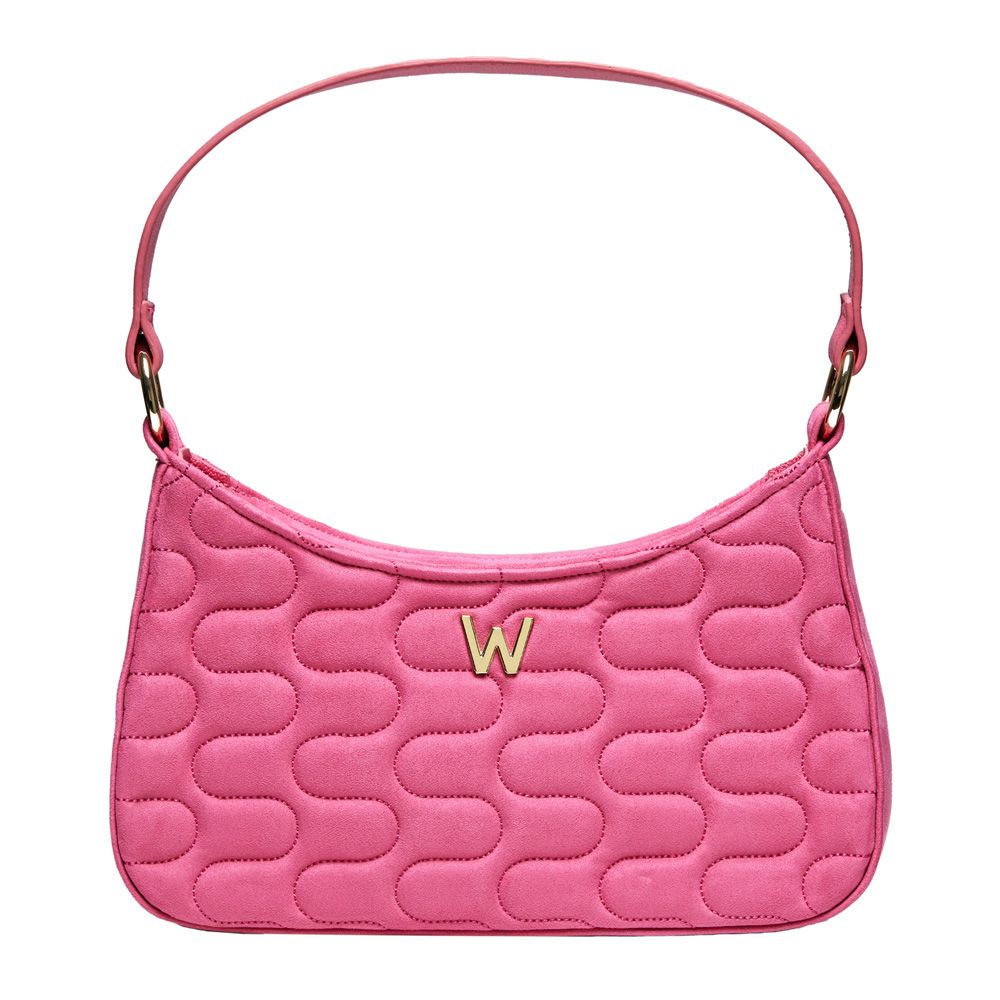
Dieting is not always about weight loss or weight gain, a diet is a part of your lifestyle and refers to the food and drink you consume daily. It relates to the mental and physical circumstances connected with eating. It’s about knowing yourself, your body, nutritional requirements and consuming a nutritious diet over a sustained duration of your life. Nutrition involves more than a so-called “good” diet-it is about nourishment at every level.
Namit Tyagi, Nutritionist, and Co-Founder of health and wellness brand Neuherbs India, shares some important factors which you should be aware of before you begin any diet:

1. Start with understanding yourself: Knowing yourself is the first step towards achieving your diet goals. Start with knowing your goals or health target. Then without judgment, look into the mirror and figure out your body type. Everyone has a different body and different ways in which it functions. Everyone’s tendency to gain or lose weight is subjective and the same thing may not work for all. It is important to know your body type, and what works for it. It is recognised that the human body can be categorised in either one of the following categories:
Ectomorph: The body is lean and long, and the person faces difficulty in building muscle
Endomorph: The body is big, has more body fat, is often pear-shaped and has a tendency to store body fat
Mesomorph: The third body type is muscular and well-built, has a high metabolism and responsive muscle cells.

Once you have identified which of the three categories does your body falls in, it becomes easier to know what diet or exercise you can choose.
2. Know your medical history: Your medical history plays a major role in planning your diet. It includes both your personal and your family’s health history. Your personal health history includes descriptions of any health problems you’ve ever had. A history of family health includes specifics of health conditions that your blood relatives have experienced over their lifetime. This information gives you all kinds of important clues about what’s going on with your health because many diseases run in families. The history also tells you what health issues you may be at risk for in the future. By knowing this you can avoid the food choices that can have a negative effect on your health and can switch to the one that will help you in managing your problem.
3. Identify your resources: Before starting your diet first know about your resources. Don’t try to choose things that make it a struggle to locate and manage. Take a look into your kitchen and find out what ingredients you already have on hand. After that make a list as per your budget and ingredients available in nearby stores. This will help in making shopping easier and will also save time.

4. Know your nutrition requirements: A healthy diet gives your body the nutrients which require for proper functioning. To get the nutrition you need, firstly you need to calculate the number of calories your body requires as per to maintain their weight, lose or gain weight, but the amount will depend on their age, sex, and physical activity level. After knowing your total required calories distribute them according to macronutrients (Protein, Fat and Carbohydrates) and to give the last nutritional punch add vitamins, minerals, and antioxidants.
5. Meal Planning: After completing all the above steps here comes the last step – Meal Planning. Here you need to select recipes, shop for ingredients, and prep your meals. Meal preparation is the easy act of taking some time to prepare any number of your meals for the week.
Just summarise the above step and do the quantitative analysis of your calories and macronutrient distribution and choose the healthiest option available as per your resources and make a flexible weekly meal plan. This will help maintain healthy eating habits.
To summarise it all in the end, selecting a diet is all about knowing yourself, thinking and planning about nutrition that will make you healthy. It’s just a habit, not a struggle. And diet goals should be nutritionally adequate.
Also Read-Go Crazy With Your Look









